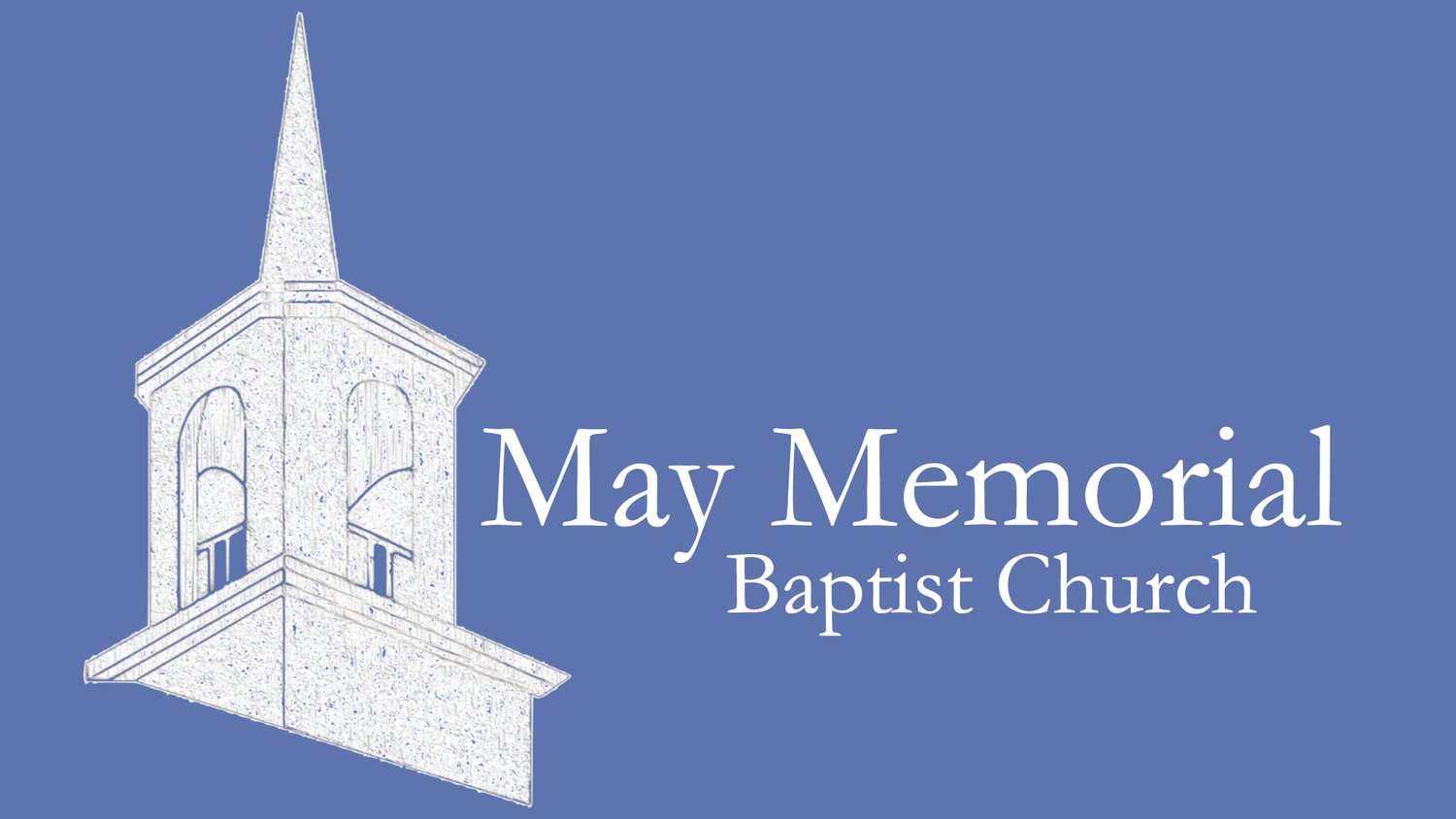Summer was coming to an end before I returned to college for my Sophomore year, and due partly to bad luck and partly to my own actions I was burned badly when water and coolant erupted from my car’s radiator. An ambulance carried me to the hospital, where I stayed for several days with severe burns. Days at home were filled with trips to physical therapy, and it became clear that I was going to need some accommodations for me to begin that year of college.
My dad was able to take time off of work, and he went with me for my first couple of weeks to begin that second year. We stayed in a small apartment together, provided by the university, and in addition to attending classes my dad would take me to physical therapy each day. I remember those days well. But what I remember most were the things we did outside of my classes and physical therapy. One day when my schedule was free, we drove up into the mountains of North Carolina together. We also ate great meals. I still remember the night we went to to a local steakhouse, the kind where the waiter brings the entire loin to your table for you to choose your cut. I remember those as challenging days, but looking back I also remember that time spent together with my dad. When it was happening I really didn’t see it that way, until the day came for him to leave. Both he and my mom were concerned about me and my continued healing from the accident, and before he left he wanted to have a prayer with me. I remember nothing about that prayer except for one line. He said, speaking to God, “and I thank you for the time I have been able to spend with my son.”
It struck me then as his son, but it touches me even more deeply now as a father. I heard him then, but I really get it now.
I see this “meme” circulating on Social Media every now and then, saying something like “you only get 10 years (if you’re lucky) of ‘Santa Claus’ with your children…and you only get 18 summers…12 spring breaks…etc.” The point is that time is limited, so relish…savor…maximize…and value the time you get with your children.
Traveling to Greece is an amazing experience. Seeing the places that St. Paul preached and lived so that the Gospel of Jesus Christ could spread throughout the world is a powerful thing. Seeing the Athenian Acropolis, Delphi, Rhodes, Ephesus, Mykonos, and the Meteora Monasteries in Kalambaka is unforgettable. And, doing all of this with members of our church and community makes it even better.
But, spending this time with your children, it is something to thank God for.
My oldest daughter is graduating college in a few weeks and already has a job in her vocation as a social worker with Child Protective Services in North Carolina, and I am so proud. The second is halfway through college, is an amazing musician, and in the blink of an eye will be moving on to the “exciting next” in her life, and I am so proud. The “baby” hasn’t been a “baby” in a LONG time, she has grown into a wonderful young woman.
And I know, spending time with your children, it is something to thank God for.
I understood it as a son, but now I truly get it.
